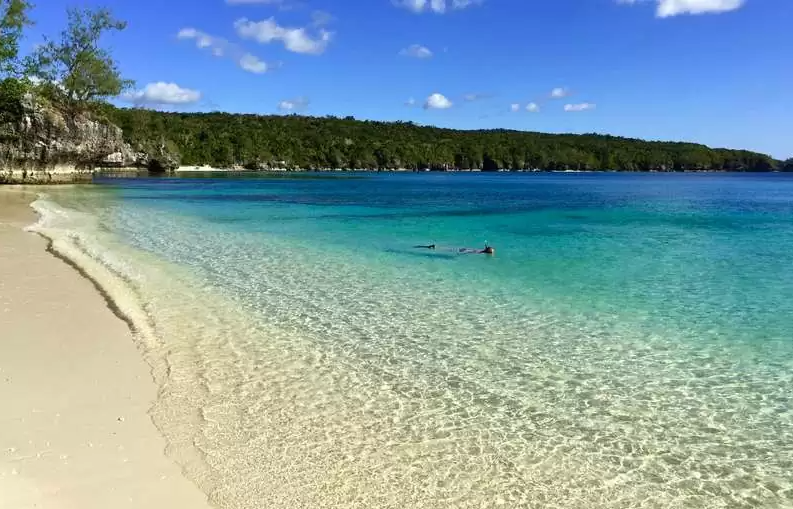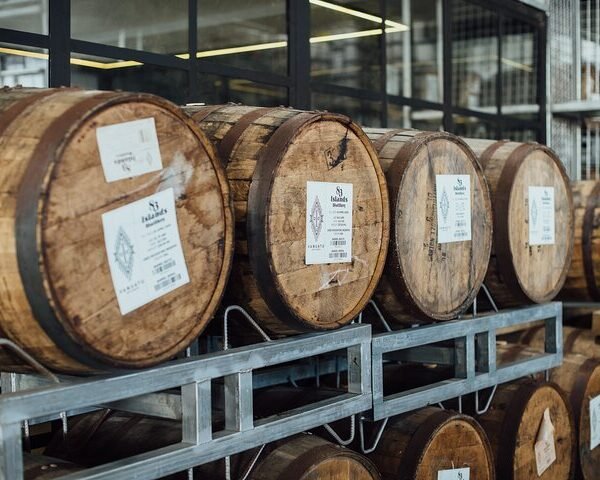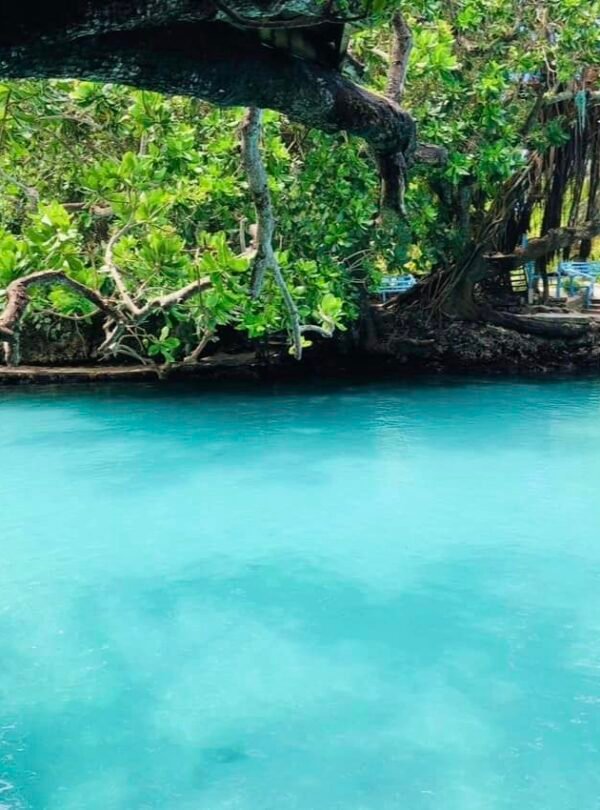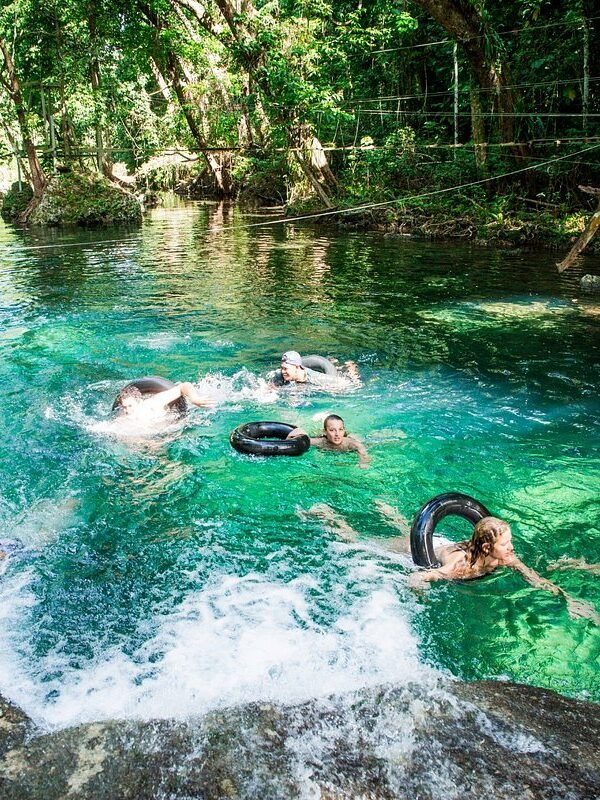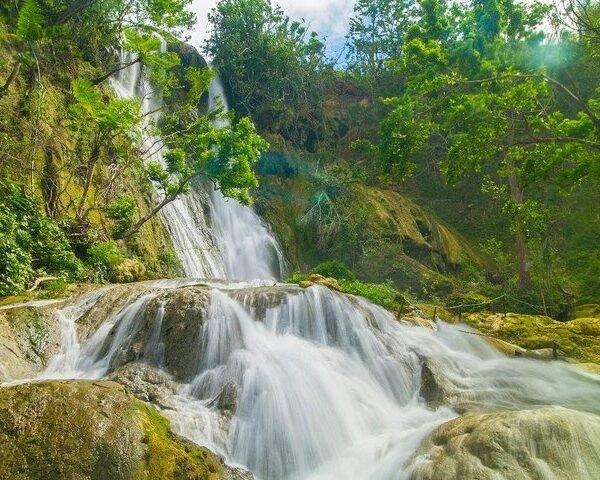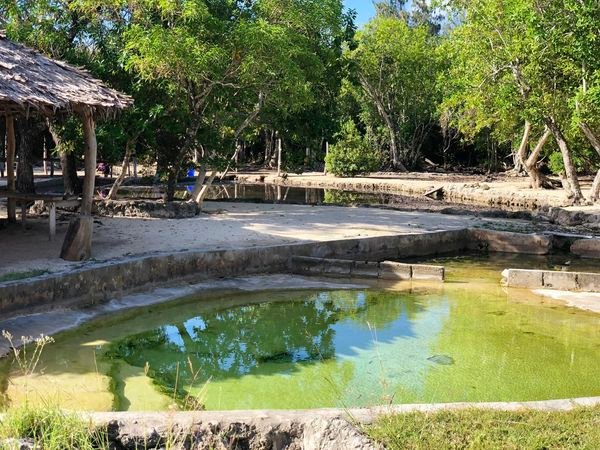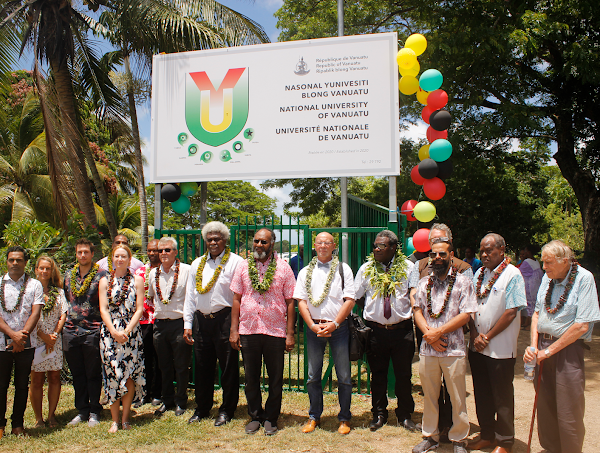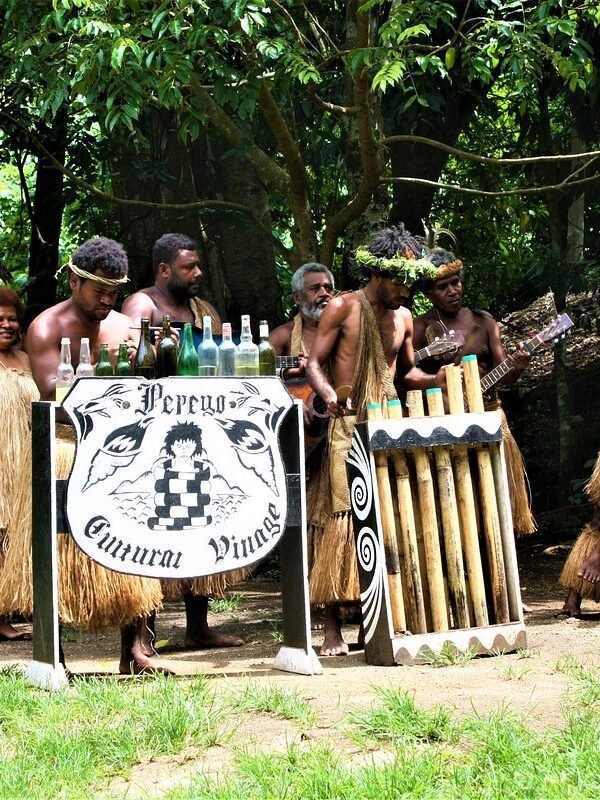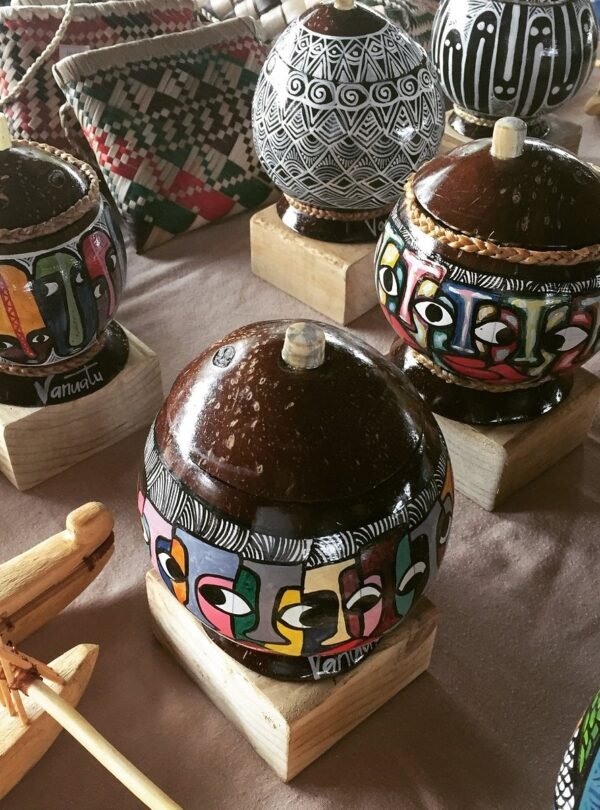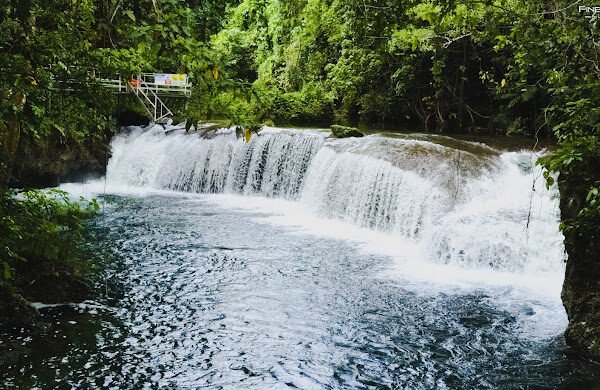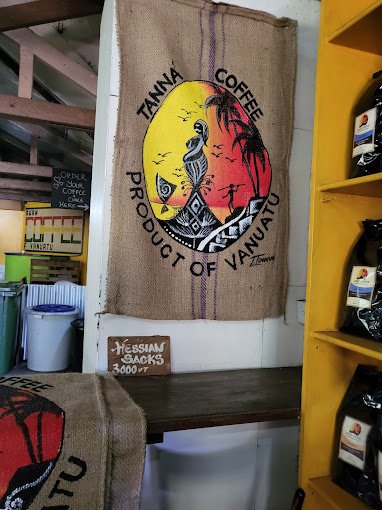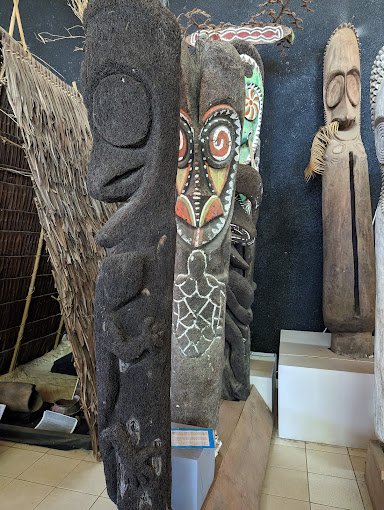The term “tourist destination” currently lacks a universally accepted definition. From the standpoint of the tourism industry supply, a destination is commonly defined by geopolitical boundaries, primarily because destination marketing is often funded by governments. However, from the perspective of the traveler, a destination may be perceived quite differently, influenced by personal experiences, cultural factors, and individual preferences.
A tropical island resort pertains to an island or archipelago that relies on tourism as a significant source of revenue. Examples of these sought-after destinations include The Bahamas in the Caribbean, Vanuatu in the South Pacific, Bali in Indonesia, Phuket in Thailand, Hawaii in the United States, Palawan in the Philippines, and Fiji in the Pacific. Furthermore, Vamizi Island, Santorini, and Ibiza in the Mediterranean exemplify popular island resorts, each offering distinct attractions and experiences for travelers seeking tropical paradises.
Now, a brief paragraph about Vanuatu Islands: Nestled in the South Pacific Ocean, Vanuatu is an archipelago comprising 83 islands known for their breathtaking landscapes and vibrant cultures. The archipelago is recognized for its diverse geography, ranging from pristine beaches and lush rainforests to towering volcanoes. Some notable islands within the Vanuatu group include Efate, Espiritu Santo, Tanna, and Ambrym, each with its unique charm and attractions. The islands boast a rich cultural heritage, featuring traditional ceremonies, dances, and indigenous practices that offer visitors a glimpse into the authentic and fascinating way of life in Vanuatu.

